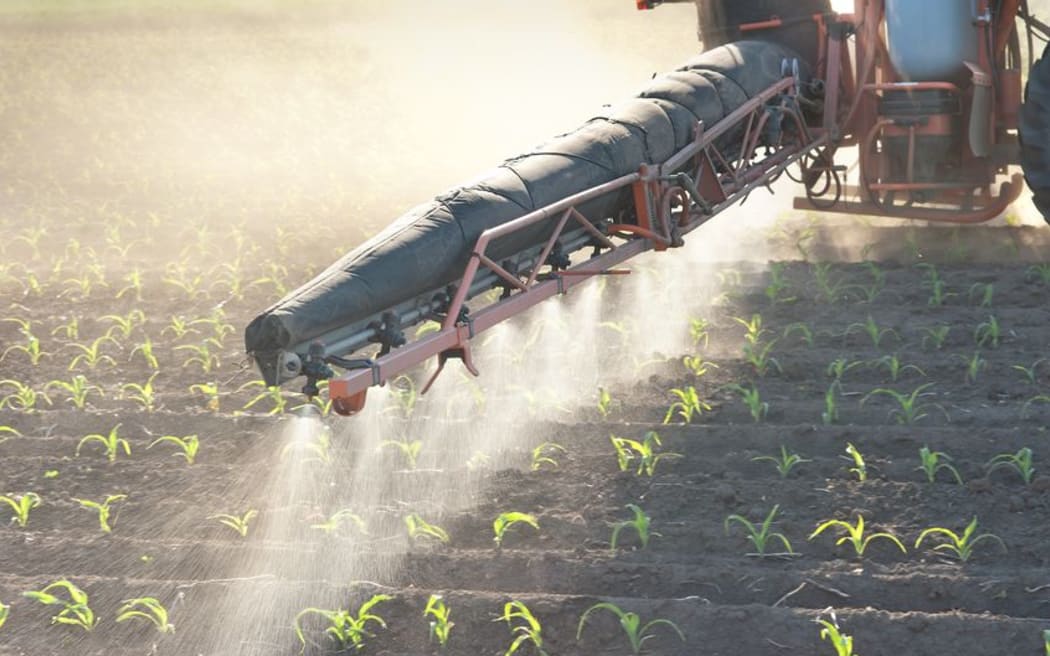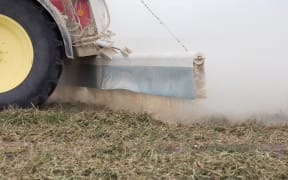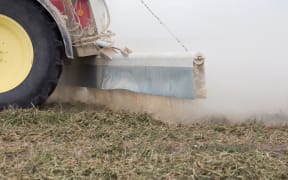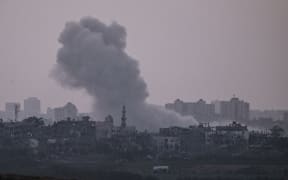
Israel exports 6 percent of the world's fertiliser potassium, or potash, and 8 percent of phosphate fertilisers. Photo: 123RF
Fertiliser prices are coming off the boil, but the conflict in Gaza has thrown uncertainty into the market.
Rabobank's new Semi-Annual Fertiliser Outlook report said global fertiliser prices had eased, which should continue into next year.
It followed recent years of extreme market volatility and record-high prices for farmers globally - extending to cash-strapped farmers in New Zealand.
Report co-author Vitor Pistoia said while the impact of escalating tensions in the Middle East was manageable for now, if it were to spread, it could have a notable impact on fertiliser supply, as well as grain, meat and dairy demand.
"As long as the conflict remains around the Gaza Strip, that should not impact fertiliser manufacturing in Israel," Pistoia said.
"But if that conflict escalates and spreads to the regions... then we are very likely to see an upside on the fertiliser price."
Israel exports 6 percent of the world's fertiliser potassium, or potash, and 8 percent of phosphate fertilisers.
Pistoia said this year could be seen as a transitional year for the market, with some remnants of last year's complications hanging around.
He said although the market has secured manufacturing in recent years New Zealand farmers are still at the whim of the market.
"The supply is there, but it's a question of pay and get it.
"The import of fertiliser for the current year is very low compared to historical averages because prices are not that great, so farmers are doing whatever they can to reduce budgets and remain on the profitable side. Fertiliser use is usually one of the things that goes."




